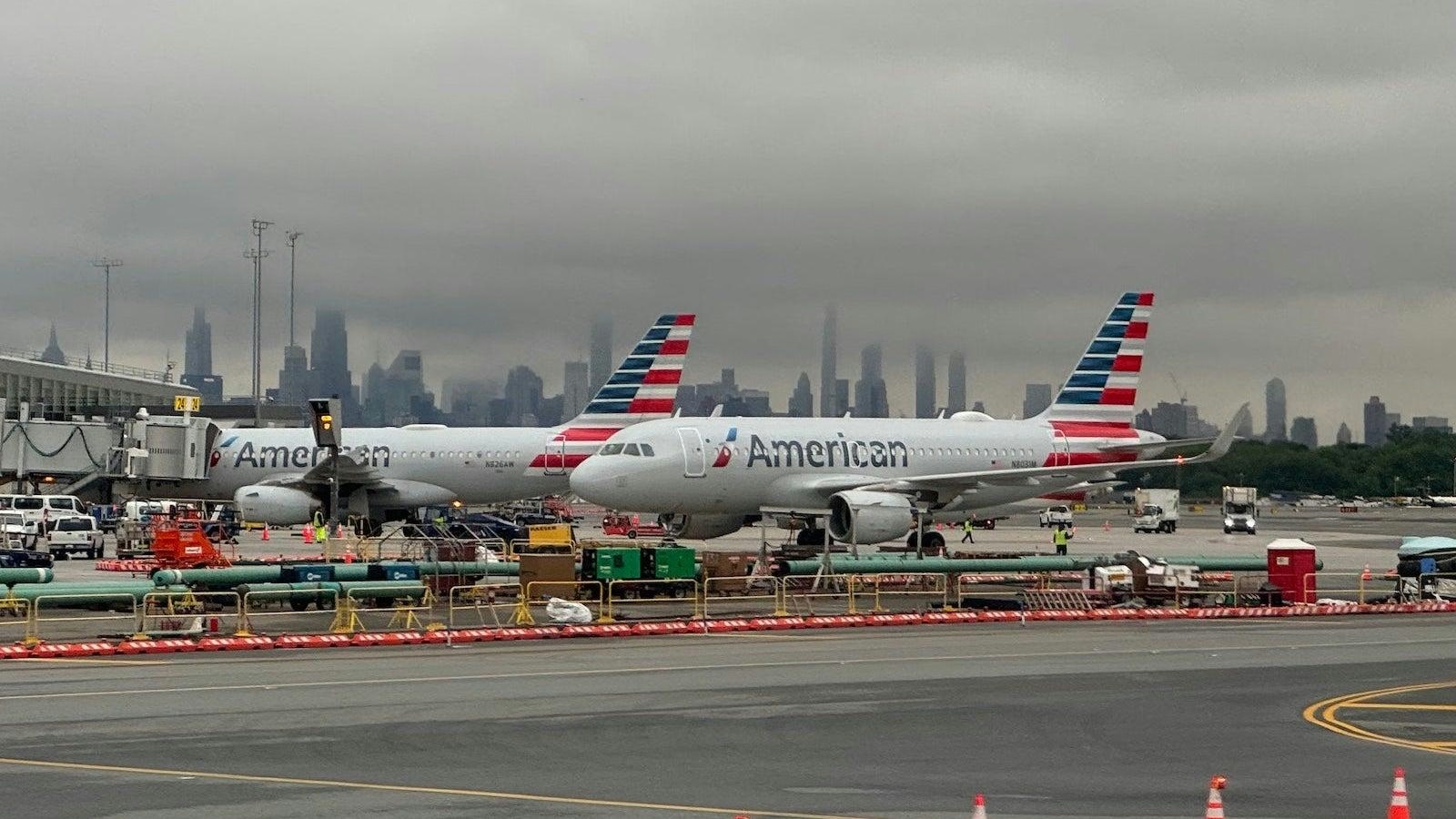AeroGenie — Votre copilote intelligent.
Tendances
Categories
American Airlines Criticizes Delta's AI Pricing While Increasing Solo Passenger Fees

American Airlines Criticizes Delta’s AI Pricing While Increasing Solo Passenger Fees
Delta’s AI Pricing Strategy Under Scrutiny
Delta Air Lines has recently attracted criticism for its plans to expand the use of artificial intelligence (AI) in setting airfare, a move that has raised concerns among travelers, lawmakers, and consumer advocates. The airline’s collaboration with an Israeli AI startup, which promotes the potential for “hyper-personalization” in pricing, has sparked fears that personal data might be leveraged to charge certain passengers higher fares than others. Although Delta maintains that it does not use personal data to determine individualized prices, the initiative has nonetheless provoked negative reactions from both customers and industry competitors.
In a recent investor call, American Airlines CEO Robert Isom took the opportunity to distance his company from Delta’s approach. He emphasized that American Airlines prioritizes consumer trust, stating, “This is not about bait and switch. This is not about tricking. And others that talk about using AI in that way, I don’t think it’s appropriate. And certainly, at American, it’s not something we will do.” Isom’s remarks come amid growing scrutiny from Washington policymakers and consumer groups, who are increasingly concerned that AI-driven dynamic pricing could undermine consumer confidence and result in unfair fare disparities.
Industry Trends and American Airlines’ Contradictory Practices
While American Airlines publicly condemns Delta’s AI pricing strategy, the broader airline industry has long sought to modernize the antiquated systems that govern airfare. The goal is to eventually offer more personalized pricing models, with Delta currently leading this technological shift. It is widely anticipated that other major carriers will adopt similar AI-driven pricing mechanisms as the technology evolves.
At the same time, American Airlines has quietly expanded a controversial pricing practice targeting solo travelers. Earlier this year, it was revealed that the three largest U.S. airlines—American, Delta, and United—had begun charging significantly higher fares to passengers traveling alone compared to those booking in groups of two or more. This tactic, widely viewed as a means to target business travelers who often fly solo, faced swift backlash. Both Delta and United reversed their policies, but American not only maintained the practice—it has broadened its application.
Initial investigations showed that American penalized solo travelers on up to 52% of its domestic routes, primarily affecting one-way flights. However, recent analysis by The Economist indicates that these higher fares for solo flyers have now extended to certain roundtrip domestic flights. For instance, a roundtrip flight from Charlotte (CLT) to Nashville (BNA) scheduled for next week costs $498 for a single traveler, while the same itinerary for two passengers results in a lower per-person fare.
Implications for Consumers
American Airlines’ public criticism of Delta’s AI-driven pricing contrasts sharply with its own continued use of pricing strategies that disadvantage solo travelers. As the airline industry advances toward more sophisticated and potentially less transparent pricing models, passengers may face increased costs regardless of their choice of carrier. This evolving landscape raises important questions about fairness and transparency in airfare pricing, as well as the broader impact of emerging technologies on consumer trust.

Emirates Unveils Cabin Design for New Boeing 777X

Eighteen Years On, the Airbus A380 Remains Central to a $34 Billion Airline

How a boom in luxury airline seats is slowing down jet deliveries

Navitaire Outage Attributed to Planned Maintenance

DigiYatra Debuts Outside Aviation at India AI Impact Summit

Vietnam Orders Strengthen Boeing’s Commercial Outlook

Airbus Signals Uncertainty Over Future A400M Orders

JobsOhio Awards $2 Million Grant to Hartzell Propeller for Innovation Center

Collins Aerospace Tests Sidekick Autonomy Software on YFQ-42A for U.S. Air Force CCA Program

How the Airbus A350-1000 Compares to the Boeing 777
